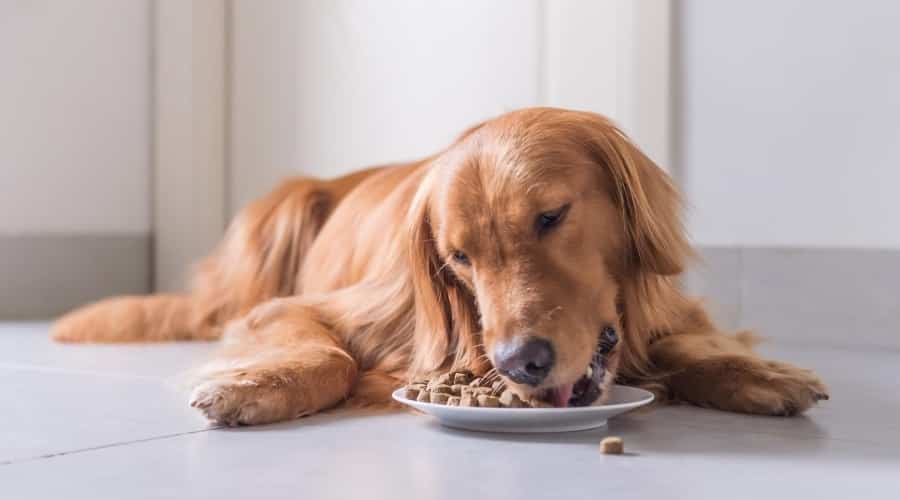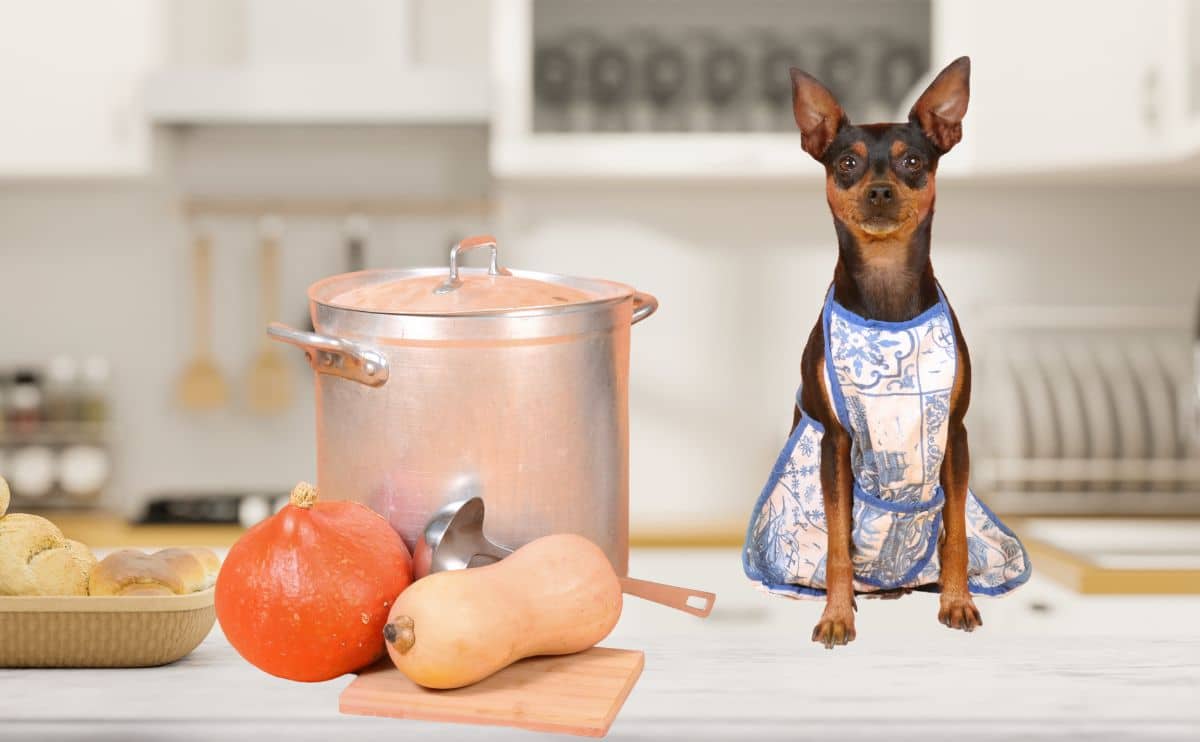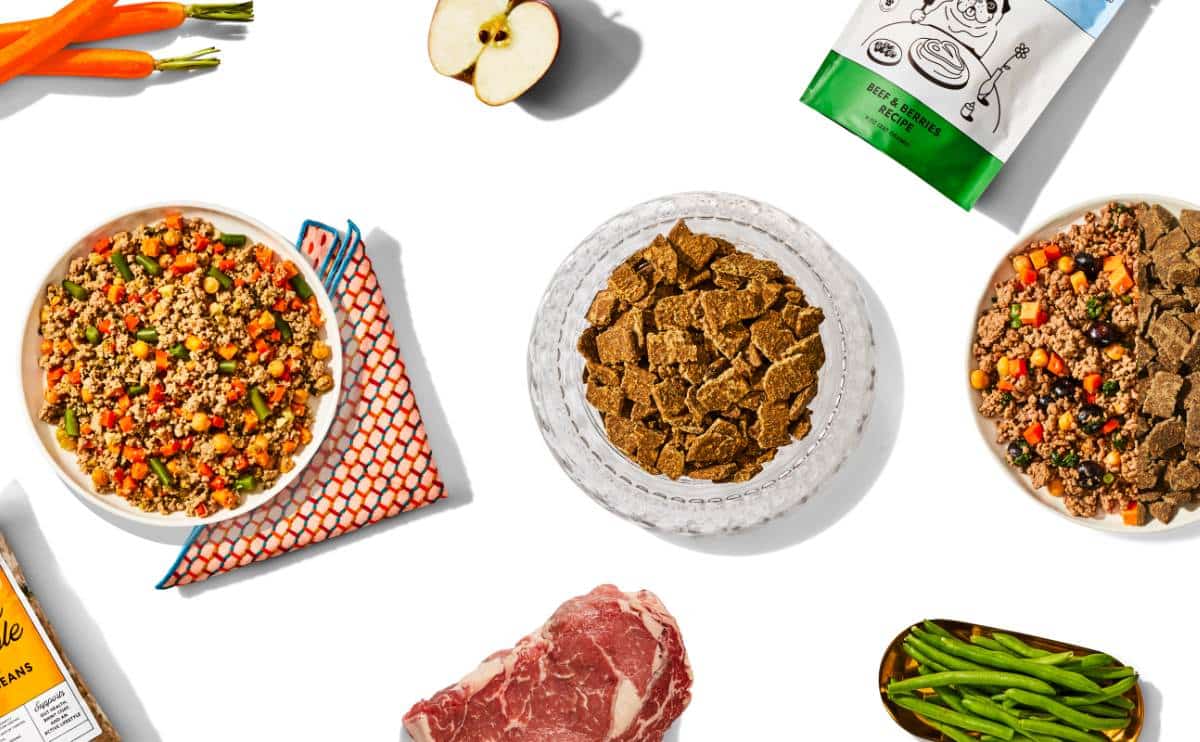Can Dogs Eat Beans? Are Beans Bad For Dogs And Their Digestion?
When you purchase through links on our site, we may earn a commission. Here’s how it works.
Many dog owners seek to give their dogs a break from the monotony of eating the same types of dry kibble over and over each day. It’s quite common for dog owners to add toppers or different types of fruits and vegetables to their dog’s kibble. Popular additions include sweet potatoes, blueberries, oatmeal, and other human foods. So what about beans? Are they safe for dogs?
Table of Contents
Beans are known for their health benefits and are packed full of nutrients. So, it’s only natural to think about feeding them to our canine companions. But not all beans are alike. Some are easier to digest than others, and some shouldn’t be fed to your pup at all.
This article will discuss the pros and cons of feeding your pup beans, as well as which types of beans, are safe for dogs. You’ll also get answers to commonly asked questions about canines and beans. Let’s jump in!
Are Beans Safe For Dogs?
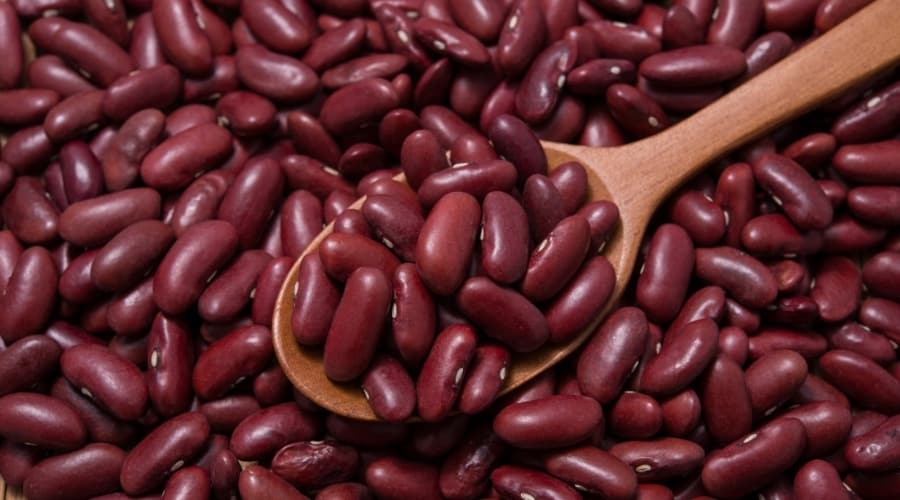
High in protein, fiber, and iron, beans can be a healthy addition to your dog’s diet. Many types are safe for them to eat. But despite their nutritional benefits, it’s important to remember that they should never replace a high-quality complete and balanced dog food. In fact, it’s best to think of them as a treat. They should take up no more than 10% of your dog’s daily calorie intake.
Adding a natural ingredient into your dog’s diet might seem harmless. But, it’s always best to discuss any changes to your pet’s diet with your veterinarian first. This is especially important if your dog has an underlying medical condition such as a food allergy or diabetes. These conditions may worsen with the wrong nutritional advice.
When introducing any new food to your dog, remember to do it slowly and gradually starting with very small amounts. This will help minimize the risk of an upset tummy. Just like us, some dogs may be sensitive or even allergic to particular foods. Signs of a possible food allergy include vomiting, diarrhea, itchy skin, red rashes, and a sore belly. Contact your veterinarian if your dog is experiencing any of these signs.
Which Types Of Beans Can Dogs Eat?
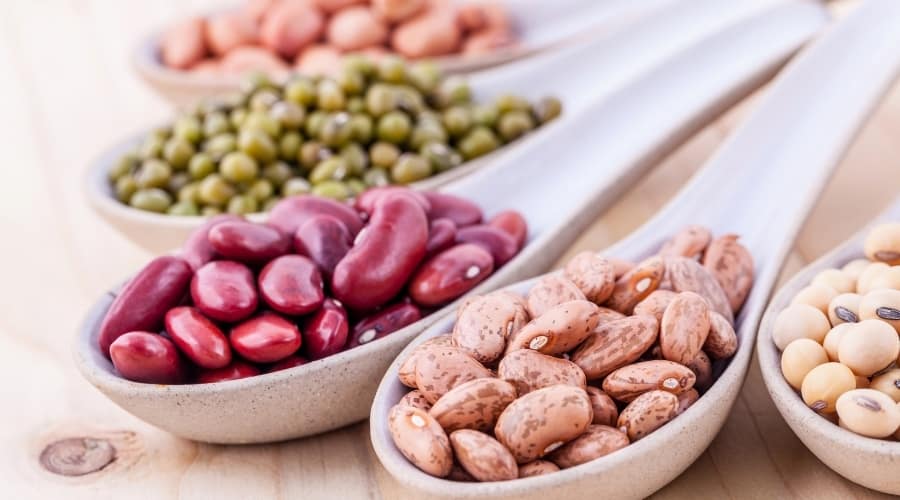
As a general rule, fresh green beans and cooked dried beans are the best options for our canine companions. Dried beans should always be soaked and cooked before feeding. This is because they are nearly impossible to digest raw. Beans can cause gas (flatulence) and soaking may also help to reduce this unwanted effect!
Canned beans containing high levels of sugar or salt should be avoided. So should those flavored with ingredients that are toxic to dogs, like garlic or onion. Plain canned beans without salt, preservatives, and flavorings, however, are usually very safe.
Many dogs enjoy the taste of green beans and they can be given as a nutritious, low-calorie treat. High in iron, protein, essential vitamins, and minerals, green beans (also known as string beans) can be fed raw or steamed as long as they are plain (unflavored or unseasoned). This includes canned green beans without additives. Pre-cooked frozen green beans can also be fine as long as they have been steamed or thawed correctly.
French beans are another variety of green beans and are also perfectly safe to feed to dogs. When feeding green beans, always make sure that larger pieces are chopped up into smaller pieces before giving them to your dog. If you don’t, they can become a choking hazard.
Other varieties of beans or legumes that are dog-friendly include:
- Black Beans
- Lima Beans
- Pinto Beans
- Kidney Beans
- Butter Beans
- Garbanzo Beans (chickpeas)
- Edamame (soybeans)
- Lentils
When Are They Bad For Dogs?

Though many types can be healthy and safe for canine consumption, others should be avoided. Canned baked beans (such as Heinz) contain sugar and salt at much higher levels than what is recommended. The rich tomato sauce may also contain toxic ingredients like garlic and onion.
Refried and chili beans can also be problematic for similar reasons as they tend to contain preservatives, spices, and seasoning. This can give your pup an upset tummy. They are also known to contain onions, onion powder, and garlic.
Red kidney and soy beans should also be approached with caution. Though safe to eat for both dogs and humans, they need to be prepared carefully. Raw kidney and soybeans contain a protein known as Phytohemagglutinin or lectin that can be toxic if eaten in large amounts. Lectin toxicity can cause a bloated and uncomfortable tummy, vomiting, and diarrhea. It can also cause the body’s red blood cells to clump abnormally and lead to bleeding tendencies.
The good news is that when cooked and prepared properly, the amount of lectin is significantly reduced to a safe level for human and doggy consumption. Canned kidney and soya beans are already pre-cooked and safe to eat, you just need to make sure they don’t contain salt, sugar, or any other additives that might make your pup sick.
Fava beans, also called broad beans, are another variety known to contain higher amounts of toxic lectin (Phytohemagglutinin). Their tough skin makes them difficult to cook and for this reason, they are best avoided.
Portion Size
Portion size matters and eating large quantities of beans of any kind can be problematic. If eaten in excess beans may cause an upset tummy, vomiting, diarrhea, and flatulence. They should also never replace or substitute a high-quality complete and balanced pet food from a reputable company. You may end up creating a nutritional imbalance or deficiency by accident! Think of them as a treat rather than the main meal.
Though feeding home-prepared meals made from natural ingredients like beans can seem like a good idea, they are extremely difficult to get right. Studies have shown that many of the recipes available for home-cooked pet food do not include accurate quantities, and are usually deficient in one or more essential nutrients. If you do choose to cook meals for your dog at home, then it’s crucial to consult a specialist in veterinary nutrition who can create a complete and balanced recipe to meet your dog’s needs.
Dilated Cardiomyopathy
It’s also worth noting that over the last couple of years a series of cases of heart disease in dogs known as dilated cardiomyopathy (DCM) have been linked to pet foods containing ‘exotic’ ingredients including peas, lentils, and fava beans. There isn’t enough evidence at this time to connect these cases to a particular ingredient, however, many of the dogs improved after their diet was changed.
Reports and recalls of the products in question are available from the FDA (U.S Food & Drug Administration) website. While the results are inconclusive, certain ingredients including lentils may not always be agreeable to every dog. If your dog is lentil-sensitive, stick to lentil-free dog food.
When it comes to nutrition, there is always a lot to consider so be sure to utilize your veterinarian who is here to provide comprehensive advice specifically for your pet. Make sure to consult them for professional advice before making any changes to your dog’s diet – especially if your dog has an underlying medical condition such as diabetes, food allergies, or kidney disease.
Frequently Asked Questions
Which beans are bad for dogs?
Canned baked beans, chili beans, and refried beans should never be fed to dogs as they may contain toxic ingredients like onion and tend to be high in salt and sugar. Dried beans should be soaked and cooked thoroughly before feeding to dogs and should never contain seasoning. Fava beans and broad beans contain higher levels of lectin toxin than other varieties and are also best avoided.
Can baked beans kill dogs?
Yes, if they contain garlic or onions as these ingredients are highly toxic to dogs causing vomiting, diarrhea, and damage to red blood cells (hemolytic anemia). They can also cause a tummy upset and contain high levels of sugar and salt and so are best avoided.
Can my dog eat bean sprouts?
Yes, in very small amounts. Beans should be added to your dog’s diet as a treat only, making up less than 10% of their daily calorie intake.
Can dogs have frozen green beans?
Yes, green beans are an excellent low-calorie snack for dogs, however, frozen green beans need to be reheated properly before feeding.
Can green beans give dogs diarrhea?
Yes, if fed in large amounts green beans can cause diarrhea in dogs and are best given in small quantities as a treat. Make sure to feed only plain green beans that don’t contain salt, seasoning, or any added ingredients.
Final Thoughts
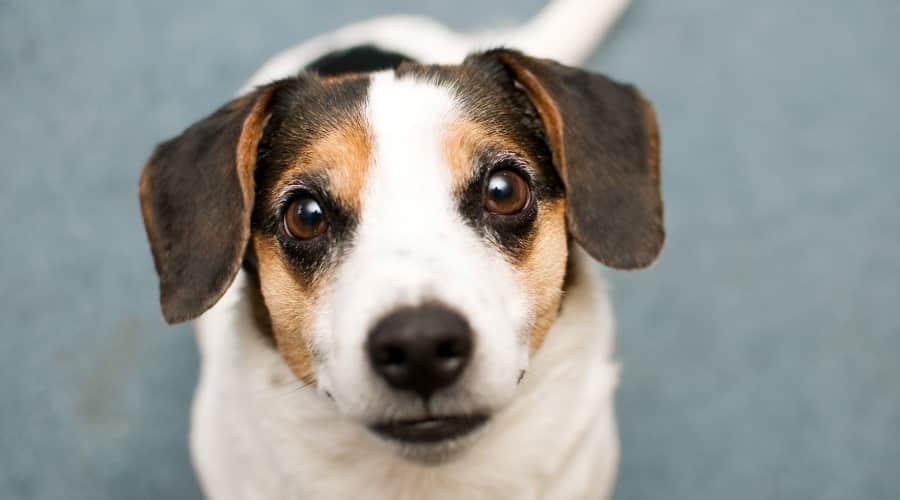
In small amounts, many types of beans can be safely fed to dogs as a treat but should not replace high-quality complete, and balanced dog food. If fed in excess, beans may also cause vomiting, diarrhea, a bloated tummy, and flatulence. Preparation is key, and dried beans need to be cooked properly before feeding them to your dog.
Baked beans, chili beans, and refried beans that contain seasoning and toxic ingredients like onion and garlic should never be fed to dogs. Before you start adding beans to your dog’s diet, make sure to have a chat with your veterinarian as diabetic dogs or those with underlying illnesses may be better off without them!

